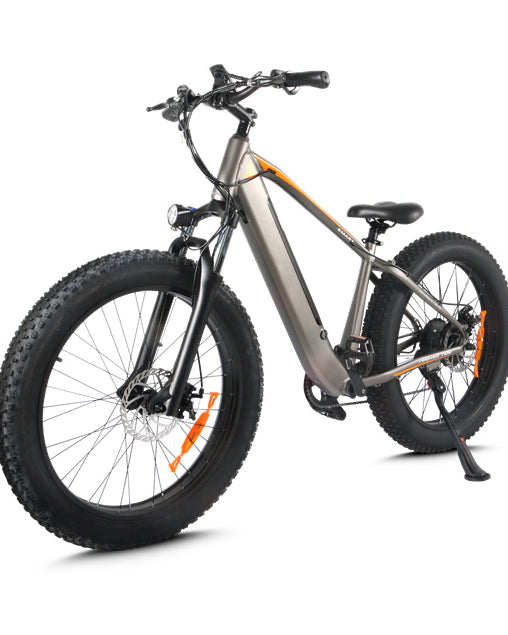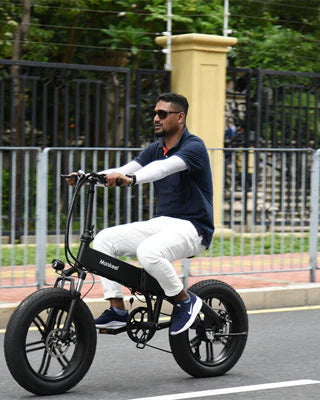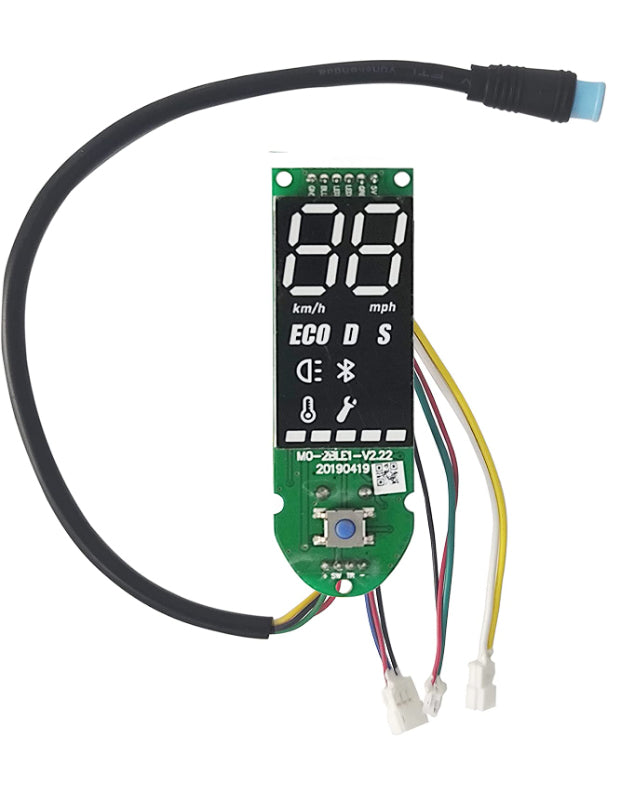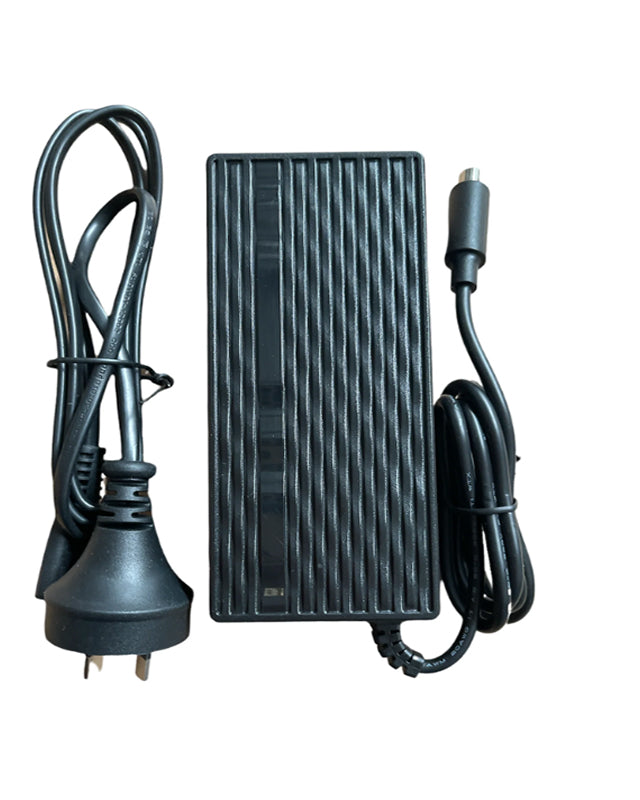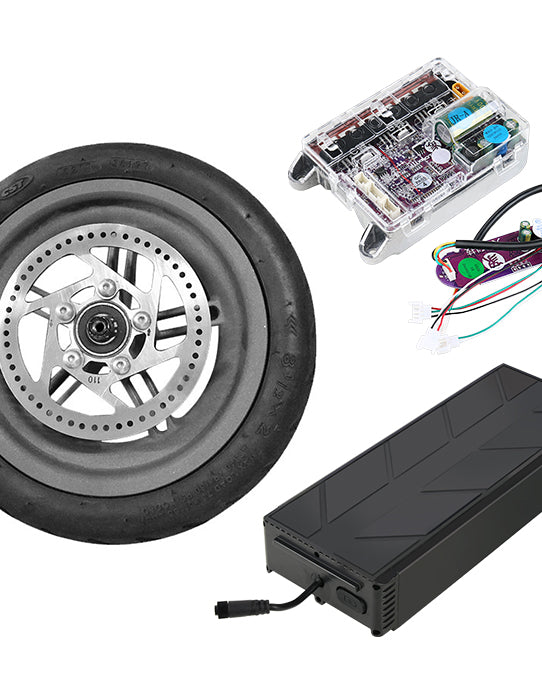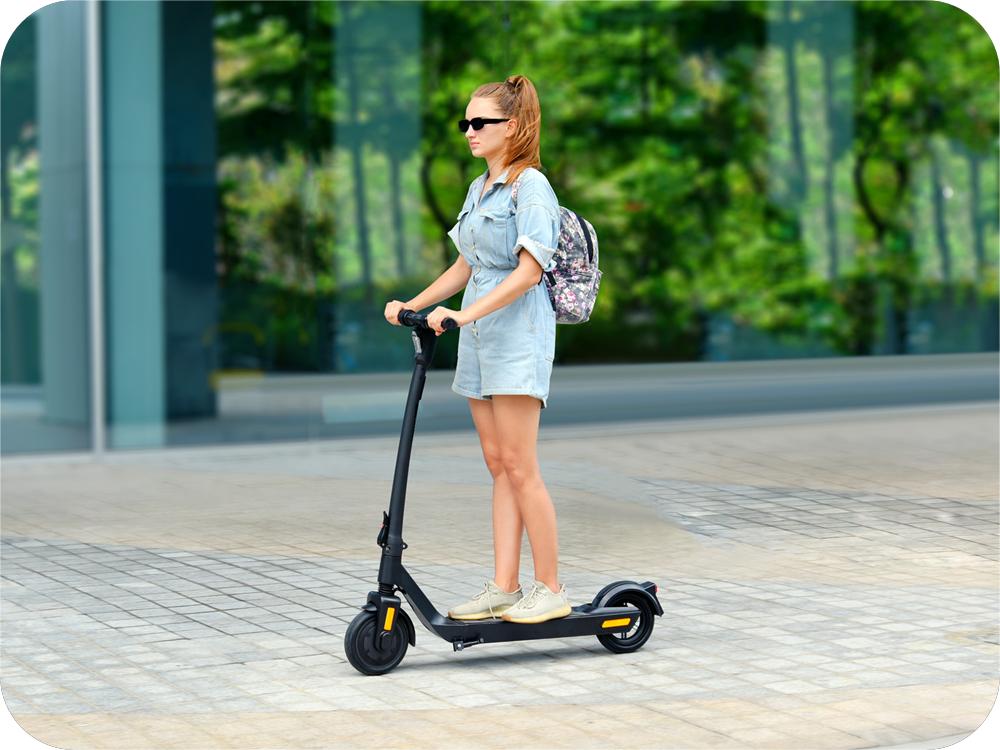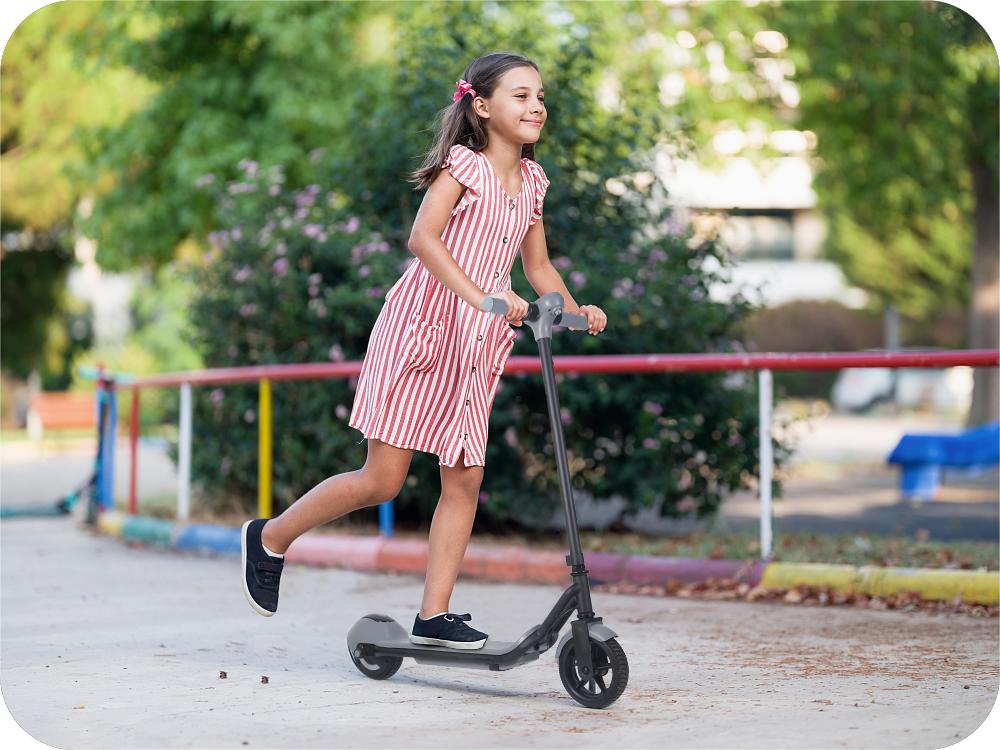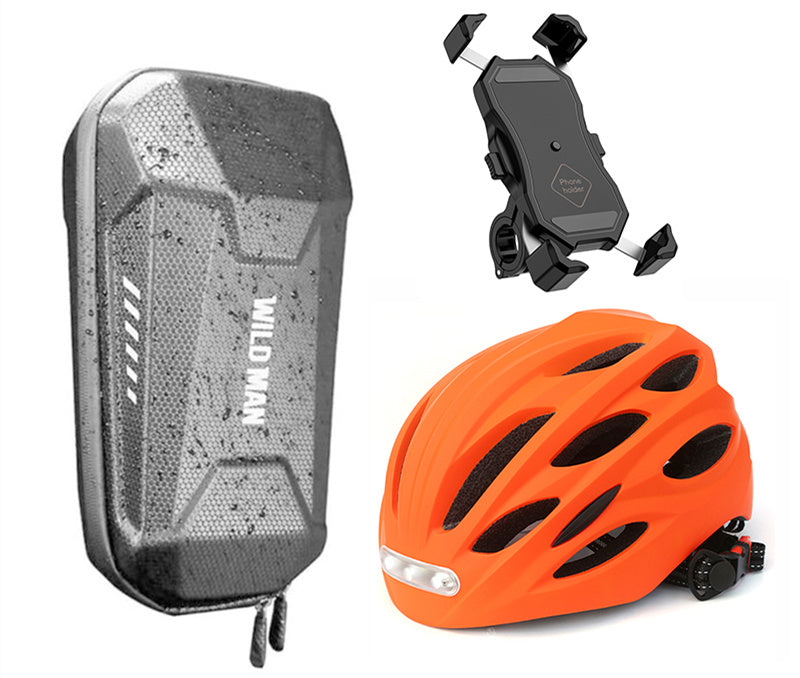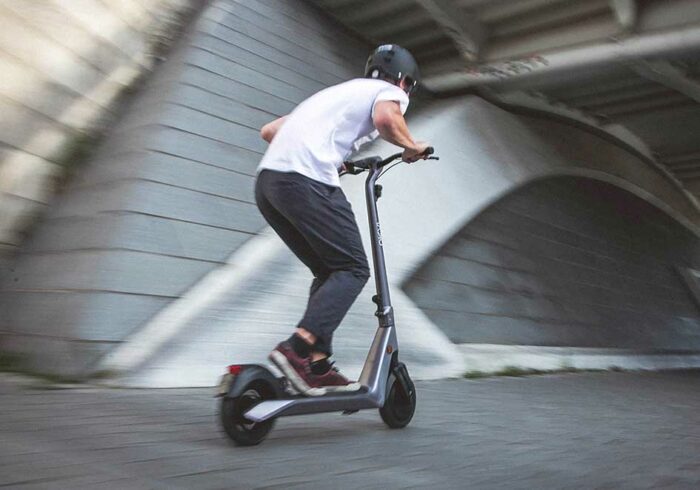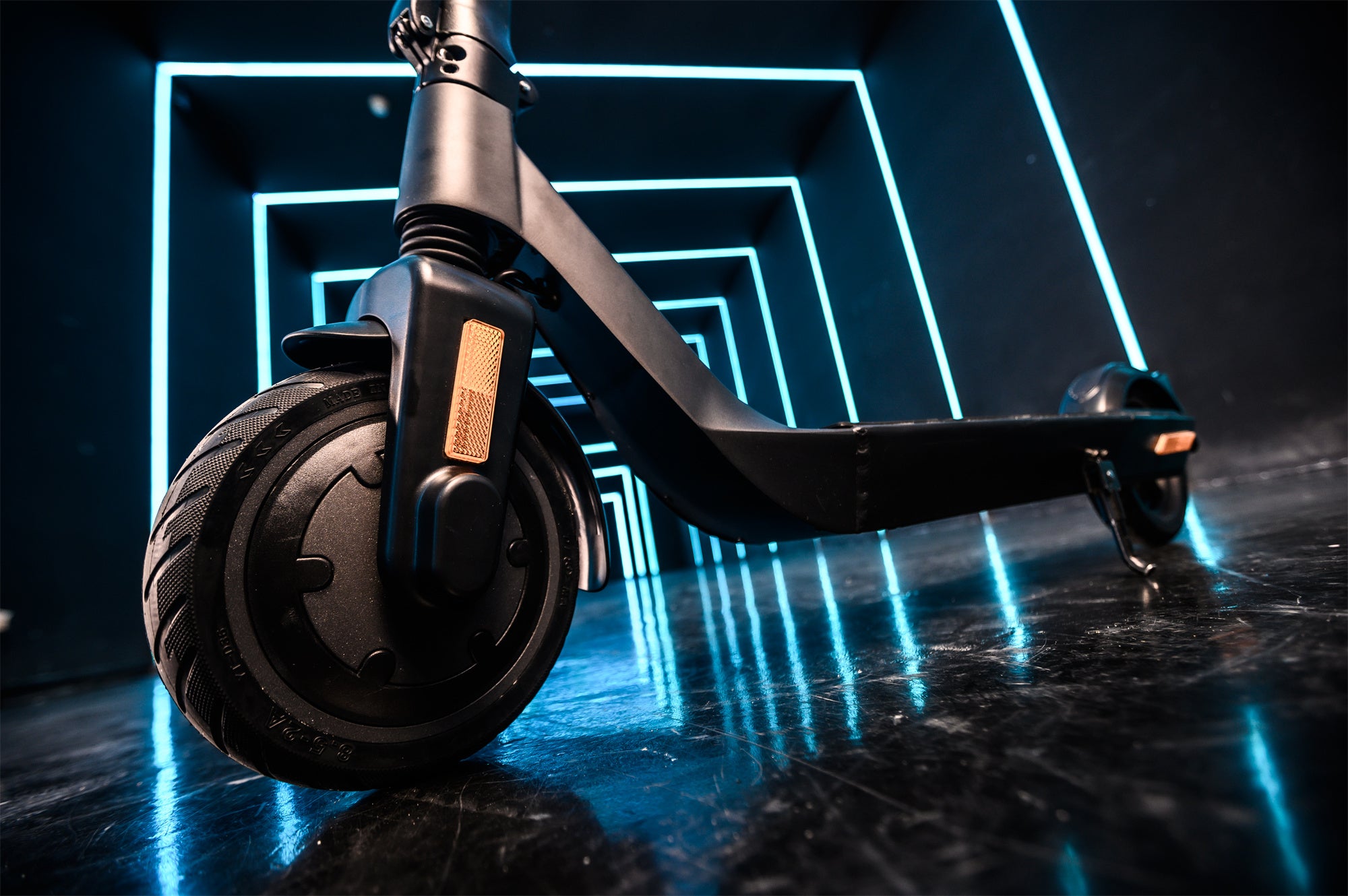If you are an electric scooter enthusiast, you probably already know that private electric scooters are only legal in certain countries and regions of each country.
So let’s get to the all important question – Are electric scooters legal in America?
The answer is yes, but there are electric scooter laws that you still need to know and follow, and each state has slightly different laws that you need to comply with.
Electric scooters are street legal in the US, but you can’t just hop on one without knowing and following the rules of the road. Unfortunately, the traffic laws for e-scooters are not as clear to riders as they should be.
This can be confusing because the laws for electric scooters vary from state to state. They don’t require drivers to pass an e-scooter-specific DMV test; people can get away with driving them without any specific knowledge of motorized scooter laws. In this article, we’ll try to clear up some of the confusion.
Private scooters VS Rental Electric scooters
Electric scooters have taken the U.S. by storm, especially public rentals from rental companies like Bird, Lime, and Spin. These rentals are specifically authorized by certain city governments. Electric scooter rentals are highly regulated and have special permits to operate in certain states.
But what if you want to own and use your own electric scooter where you live or work? Unfortunately, the law governing electric scooters in the United States is just emerging and varies from state to state and even city to city. To shed more light on the matter, let’s take a look at an overview of federal legislation.
Federal Consumer Law – Safety Standards
Under the HR 727 amendment of the Consumer Product Safety Act, “low-speed bicycles,” or “two- or three-wheeled vehicle with fully operable pedals and an electric motor of fewer than 750 watts, whose maximum speed on a paved level surface, when powered solely by such a motor while ridden by an operator who weighs 170 pounds, is less than 20 mph” is considered legal. While no equivalent law exists for electric scooters, it’s generally accepted for e-scooters to fall under this category.
E-scooters, therefore, are allowed on roads with or without bicycle lanes as long as they are running under 25 mph. Riders must stay close to the curb and follow driving and traffic rules like driving on the right side of the road, observing traffic signals, and yielding to pedestrians.
Remember that each state has its own set of laws governing the use of e-scooters on public roads. So, You will also need to familiarise yourself with these state-specific rules.

Where exactly are electric scooters "street legal" in the U.S.?
Electric scooters are street legal in 38 U.S. states, while ten other states have classified them as non-street legal. While electric scooters are street legal in the majority of states, some states have different laws about where and how scooters can be operated on public roads.
Four states – California, Colorado, Massachusetts and New York – do not allow scooters to operate on freeways, expressways or limited-access roads because most scooters are not fast enough to keep up with traffic.
Massachusetts, Connecticut, Indiana, Maine, and Virginia have added the provision that scooters are allowed on the road but must stay on the right side of the road when being driven.
States with road approval for electric scooters
-
Alabama
-
Alaska
-
Arizona
-
Arkansas
-
California (except freeways/expressways)
-
Colorado (except interstate or limited-access roads)
-
Connecticut (must stay to the right)
-
Georgia
-
Hawaii
-
Illinois
-
Indiana (must stay to the right)
-
Iowa
-
Kansas
-
Louisiana
-
Maine (must stay to the right)
-
Maryland
-
Massachusetts (except interstate or limited-access roads; must stay to the right)
-
Minnesota
-
Mississippi
-
Missouri
-
Montana
-
Nebraska
-
Nevada
-
New Mexico
-
New York (except interstate or limited-access roads)
-
North Carolina
-
North Dakota
-
Ohio
-
Oklahoma
-
Pennsylvania
-
Rhode Island
-
South Dakota
-
Tennessee
-
Texas
-
Utah
-
Vermont
-
Virginia (must stay to the right)
-
West Virginia
States without road approval for electric scooters
-
Delaware
-
Florida
-
Idaho
-
Kentucky
-
Michigan
-
New Hampshire
-
New Jersey
-
Oregon
-
Washington
-
Wisconsin

Can electric scooters be used on sidewalks?
Only five states allow electric scooters to be legally ridden on sidewalks: Arizona, Iowa, Louisiana, Rhode Island, and Virginia.
While the majority of states explicitly state that scooters are not allowed on sidewalks, 19 states do not mention sidewalk use at all. Many states consider the speeds of electric scooters to be too dangerous for sidewalks, where pedestrians, bicyclists, or even the scooter riders themselves could be injured in an accident.
States where scooters can legally be used on sidewalks
Only five states allow electric scooters to be legally ridden on sidewalks: Arizona, Iowa, Louisiana, Rhode Island, and Virginia.
While the majority of states explicitly state that scooters are not allowed on sidewalks, 19 states do not mention sidewalk use at all. Many states consider the speeds of electric scooters to be too dangerous for sidewalks, where pedestrians, bicyclists, or even the scooter riders themselves could be injured in an accident.
-
Arizona
-
Iowa
-
Louisiana
-
Rhode Island
-
Virginia
Rules for streets
You will find that in almost all cases, scooters are not allowed on high-speed roads (e.g., roads with a speed limit greater than 35 mph). However, few scooter riders will want to do that anyway.
And only Pennsylvania and Delaware actually prohibit riding scooters on roads. It may surprise you to hear that cool niche communities are developing for high-speed scooters, but most people are happy to ride at 15 or 20 mph.
Rules for speed limits
Top speed is one of the most commonly enforced rules for electric scooters. The most common speed limit is 20 mph, which many may not expect, coming from the shared scooter model where the top speed is almost universally limited to 10-15 miles per hour.
Do electric scooters require a driver's license, registration or insurance?
The good news for electric scooters is that they only require DMV registration in one state, North Carolina. Nine states have decided to require a driver’s license to ride a kick scooter as well. However, this does not apply to other types of electric scooters or mopeds that would require a license and/or registration.
Do I need insurance for my electric scooter? In the United States, local and state transportation authorities do not currently require electric scooter riders to carry insurance. Riders are only required to have a valid driver’s license. Only the state of Illinois and the state of Texas require electric scooter riders to obtain insurance if the electric scooter’s motor power exceeds 750 watts.
Nine states have mandated a driver’s license to operate an electric scooter to bring some order to the chaos. Still, micromobility is unlikely to catch on because it provides access to opportunity for people who can’t afford a car.
Minimum age and compulsory helmet
The minimum age for electric scooter riding varies from state to state, although the most common age agreed upon in the nation is 16 years old and over. States like Michigan and Minnesota have an age restriction of 12 and over to ride an electric scooter.
Most states have a minimum age of 16 and require minors under 18 to wear a helmet. Others have expanded this law to require helmets for all ages. Even if you are not required by law to wear a helmet, it is highly recommended for your safety.
You can get a restricted driver’s license as young as 16. So it’s easy to see why this is the most common age restriction in the country. To make sure that you are the right age to use an electric scooter, you need to make sure that you are following your local and state laws.
When it comes to safety regulations, you should note that it is highly recommended that you wear a helmet at all times, especially for riders under the age of 18; this law has been extended to include electric scooters and not just mopeds. So you are expected to take the necessary precautions. Even if you are riding a bicycle, safety on the road should be one of your top priorities.
None of the associations recommend not wearing a helmet. Most importantly, riders are expected to make responsible decisions for their health and wear a helmet (as is the case with bikes).

The final word on driving on sidewalks
Two states currently have banned electric scooters from being driven on the road. These states are Pennsylvania and Delaware. In these states, you must ride your e-scooter on the sidewalk.
Being allowed to ride only on the sidewalk means a slight restriction, as you cannot move as freely as those who are allowed to ride on the street.
Watch out for pedestrians when riding on the sidewalk, and obey the speed limit of the state you are in. These rules are subject to change. To make sure you are reading the most current version, check local and state laws. Electric scooters are on the rise, but make sure your scooter rides are just as safe and fun by following the applicable rules.
Scooter Laws By State
States with the most established electric scooter legislation
It’s fair to say that some states have been quicker than others to pick up on the electric scooter trend and pass legislation to let people know how and where they can use electric scooters. Let’s take a look at what some U.S. states are mandating for e-scooters.
In some states, there are no specific laws for e-scooters, but they are classified as motor vehicles; as with mopeds, this may entail insurance and registration requirements, for example, but it may prove impossible to obtain these things in practice.

